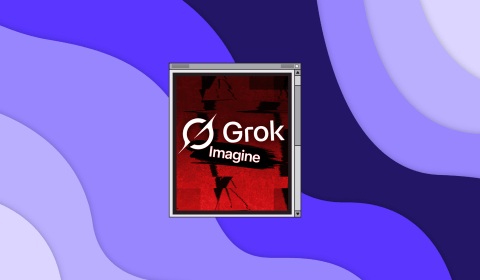New studies show that those under the age of 28 are almost twice as charitable as Gen X and Baby Boomers, despite having significantly less disposable income. With traditional outlets like Comic Relief seeing a nosedive in viewership, Gen Z are seemingly transforming the way they give back. Plus, radio surges in popularity and tea could be falling out of favour with UK teens.
What do most of us think of when charity is mentioned?
Fundraisers out on the streets, bucket in hand, lurking near shop fronts and public spaces? Perhaps live television events come to mind, where celebrities band together to urge us to part ways with our cash for good causes. Or, if you’re a younger reader, you might immediately think of online petitions, donation pages, and personal campaigns dedicated to specific causes.
Whichever side of the fence you fall, charity affects most of us in some way. We all like to give back, after all. Most feel a sense of personal responsibility to fund the organisations that are doing positive things for those less fortunate than ourselves. Just in the UK alone, the market size for charities has surpassed £68.1 billion in 2025, with over 170,000 registered as part of the Charity Commission. In 2020/21, the voluntary sector contributed roughly £18 billion to the UK economy.
So, it’s big business, but where does all that good will come from?
The latest research commissioned by JustGiving has found that Gen Z and Millennials are by far the most generous compared to their older peers. Each cohort donates more than £500 annually, with Gen X contributing £206 and Baby Boomers spending £294. The average yearly donation stands at £386. The study was conducted with 4,000 people and notes that those under 28 have increased their contribution as a result of a heightened sense of social responsibility.
All of this new insight comes straight off the heels of 2025’s Comic Relief: Red Nose Day, an annual UK event where household names perform sketches in an effort to raise as much cash as possible. This year’s effort saw an average of 2.6 million viewers, a whopping 1 million less than last year’s show. The figures show that these big-budget, yearly events are losing momentum with the public, especially younger viewers. Yet, Gen Z remain the most charitable. What’s going on?
Put simply, the way we donate and fundraise has changed significantly, especially over the past decade. Thanks to online movements like #MeToo, Black Lives Matter, and constant news coverage of worldwide events, our personal association to perceived social injustices has never been stronger. We feel a sense of responsibility in a way that was never possible twenty years ago at the height of Comic Relief’s relevance.
Young people are giving money to very specific causes, often going directly to the source rather than via a third-party event or charity. Platforms like GoFundMe are great ways for people to raise money in a personal and more intentional way. Gen Zers and Millennials often create their own fundraisers independently and then regularly promote them via their own social media channels. Why go through the faff of a television show when it can all be set up ourselves?
The study mentioned earlier also states that the majority of Gen Zers and Millennials have already undertaken a fundraising event or plan to do so this year. One of the most popular types is running marathons or getting involved in a physically demanding sport, which may partly explain why so many London events are fully booked this year. It seems young people are eager to be healthier, raise money, and positively contribute to important causes.
This scattered approach and less centralised way of giving back should be raising alarm bells for big charity organisations and events. Many face the possibility of closure if they don’t tap into this more personal, intentional way of giving back. It may not be adequate enough to give out red noses, shake a bucket, and ask for coins outside Sainsbury’s for much longer. Gen Z are transforming charity into a more refined and transparent process. They know who their money is going to and why, rather than relying on a big brand or corporate sponsor to do the work for them.
The charity industry is in need of some serious shakeups in the coming years, particularly the heavy-hitters that have long been established as cornerstones of British fundraising. Perhaps Gen Z can show them the way forward, one sponsored marathon run at a time.




















